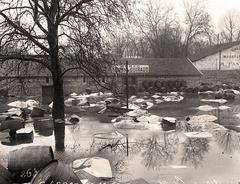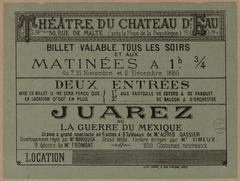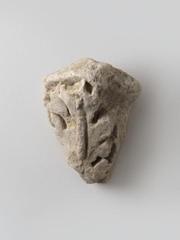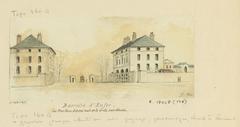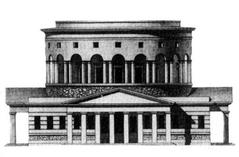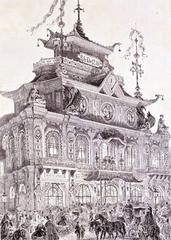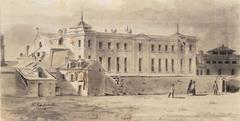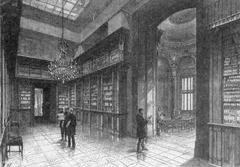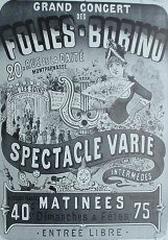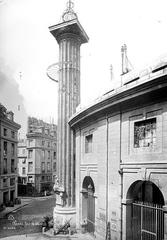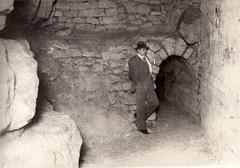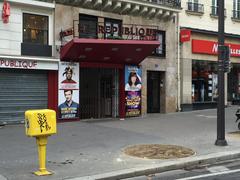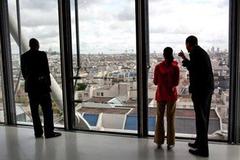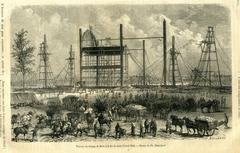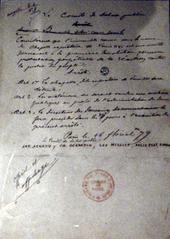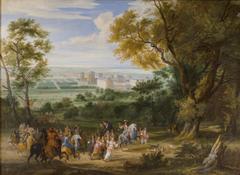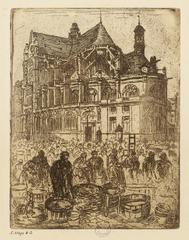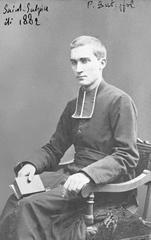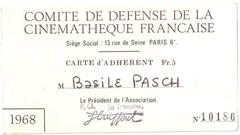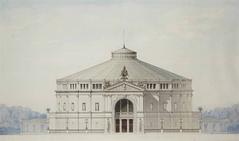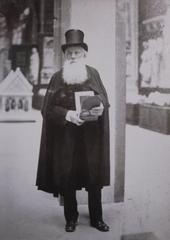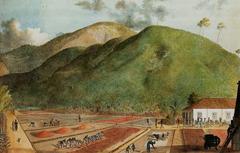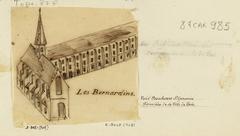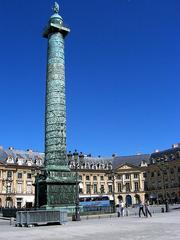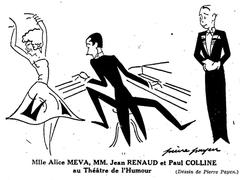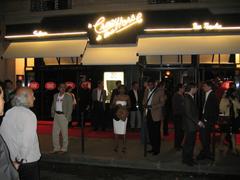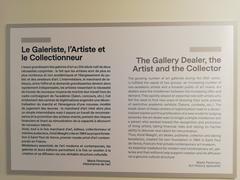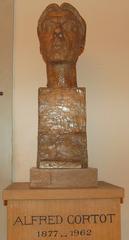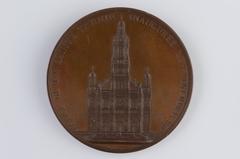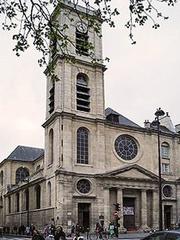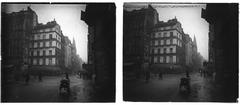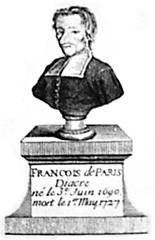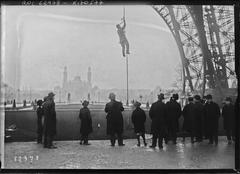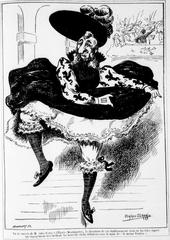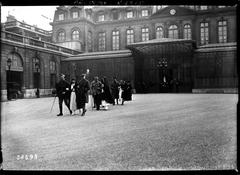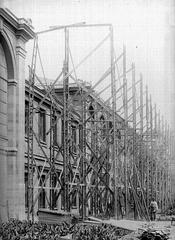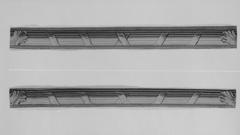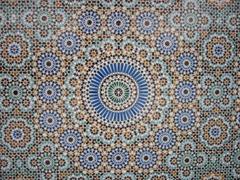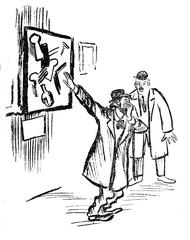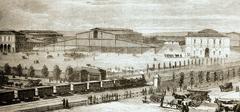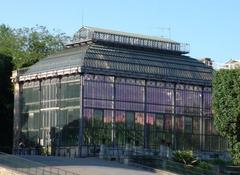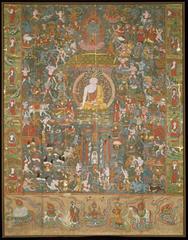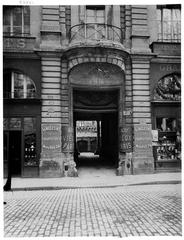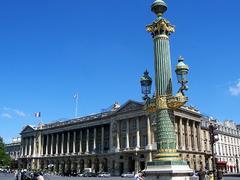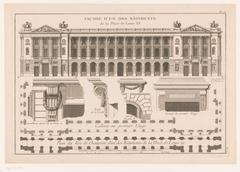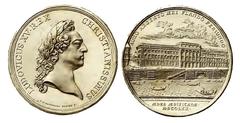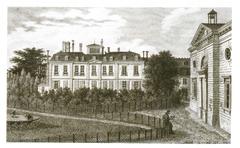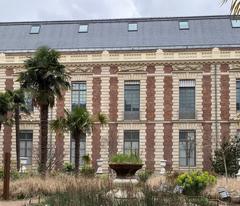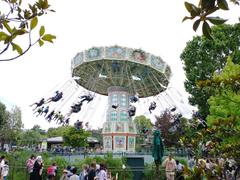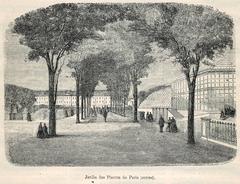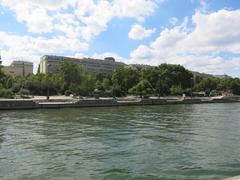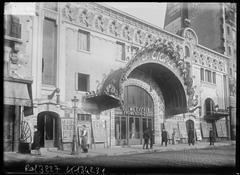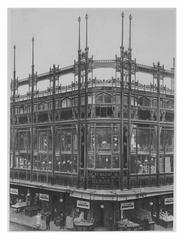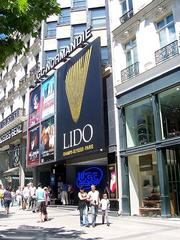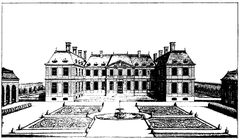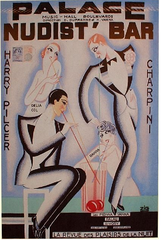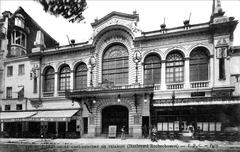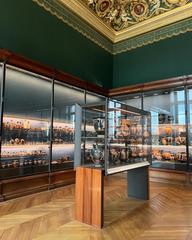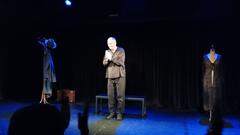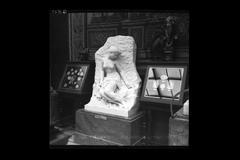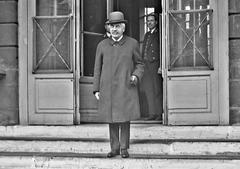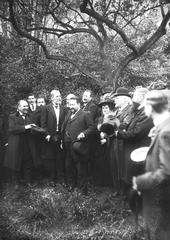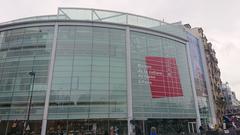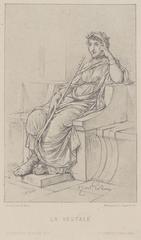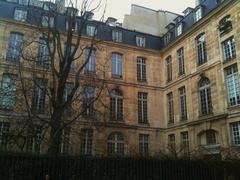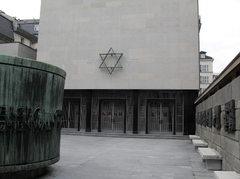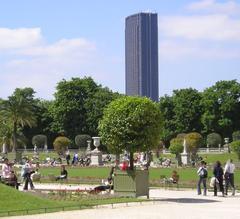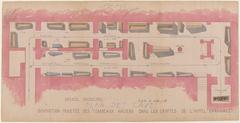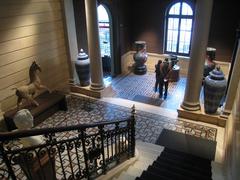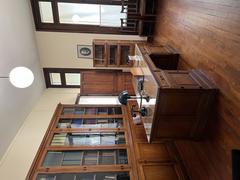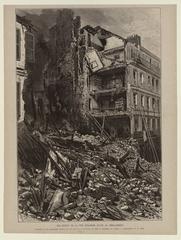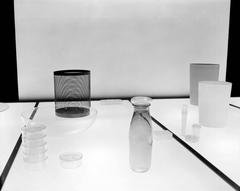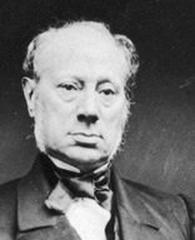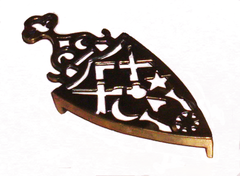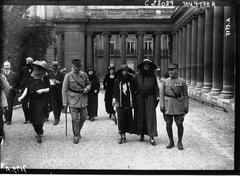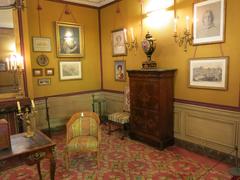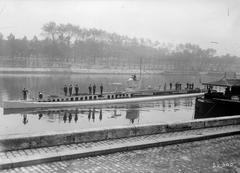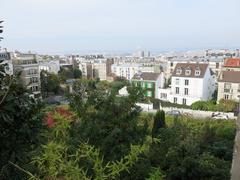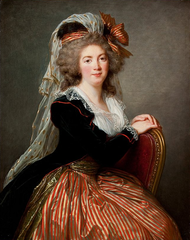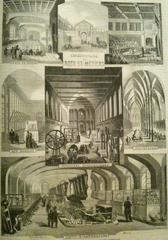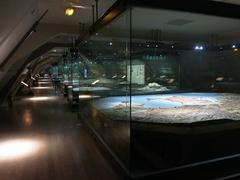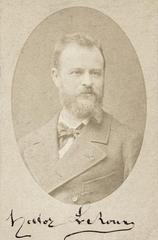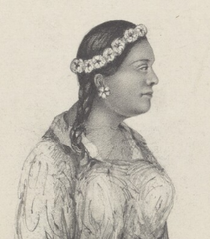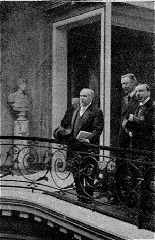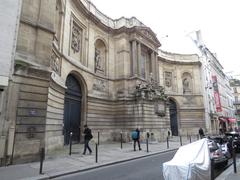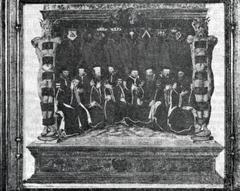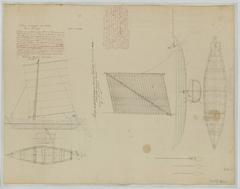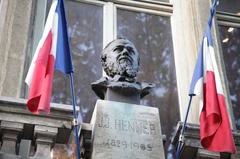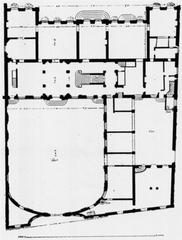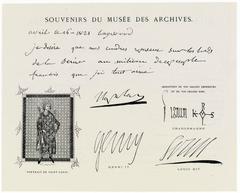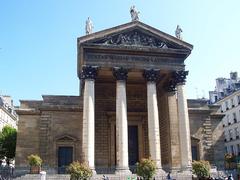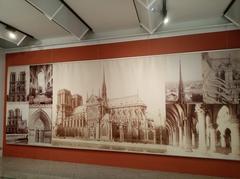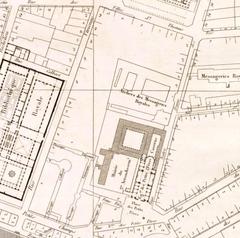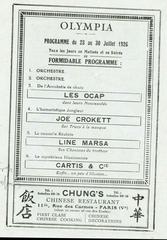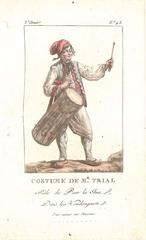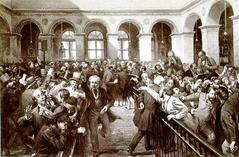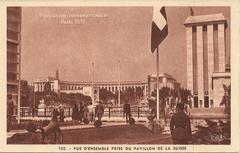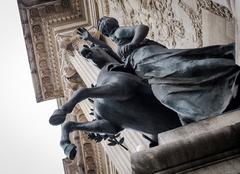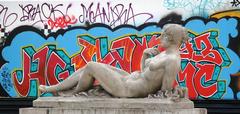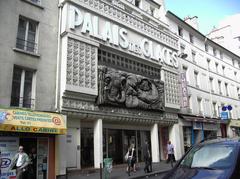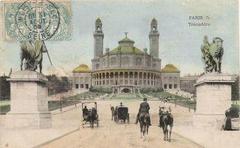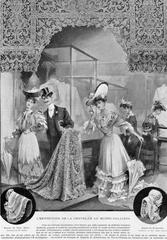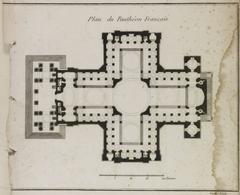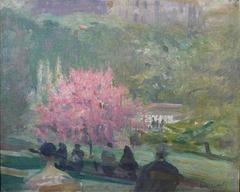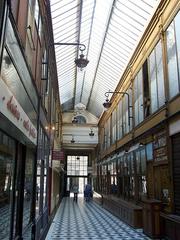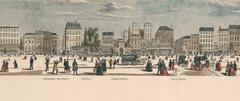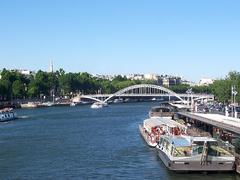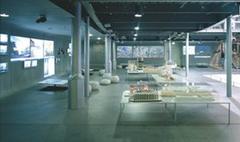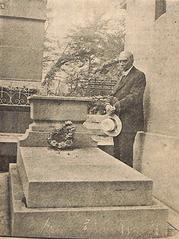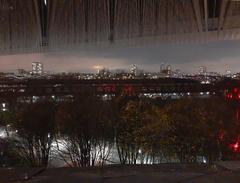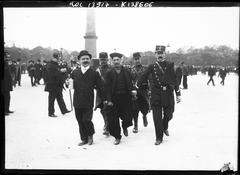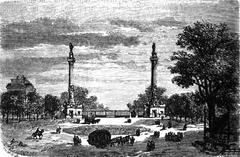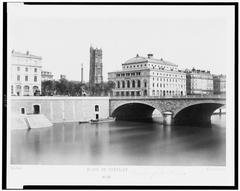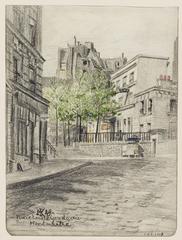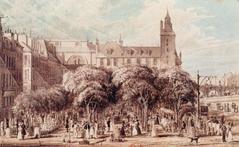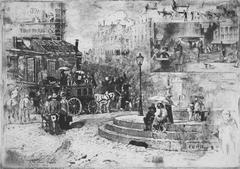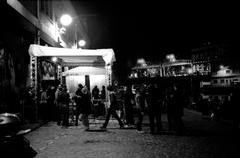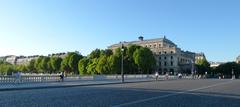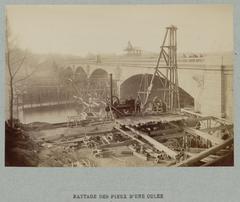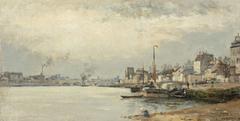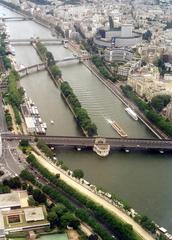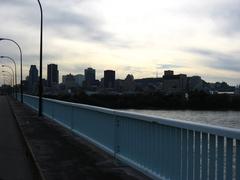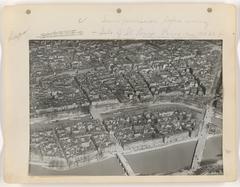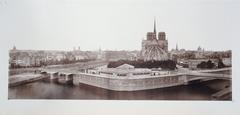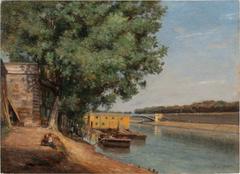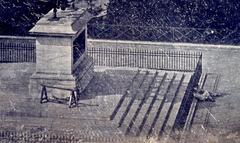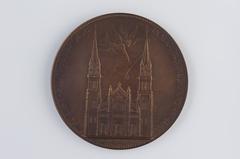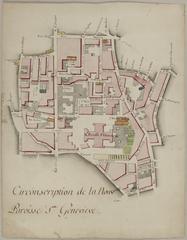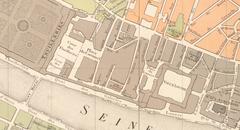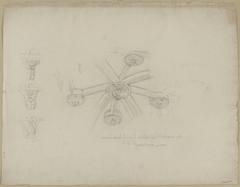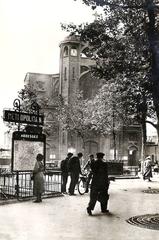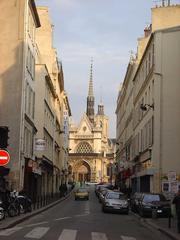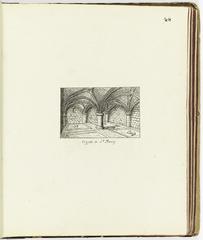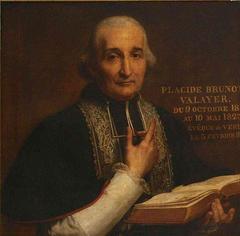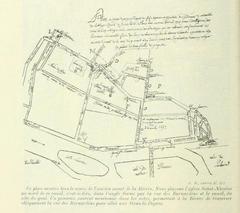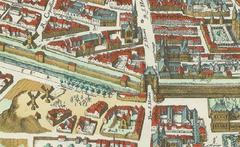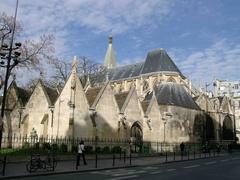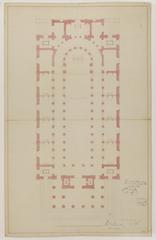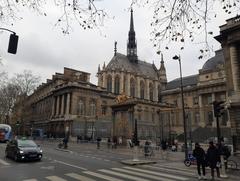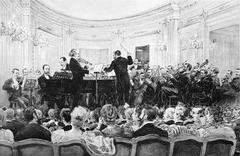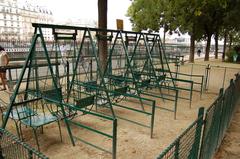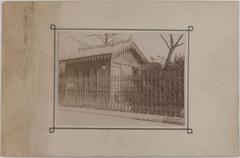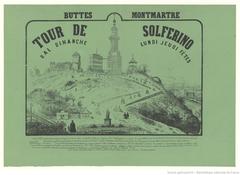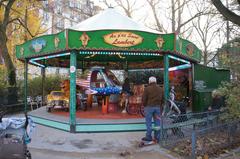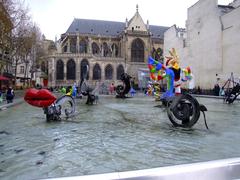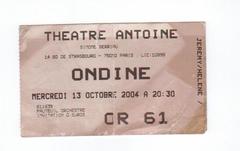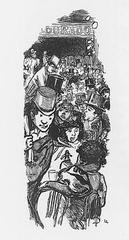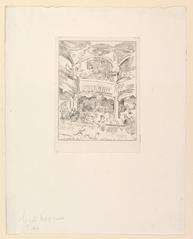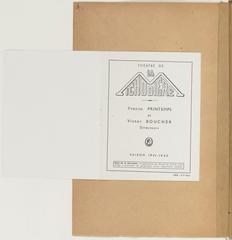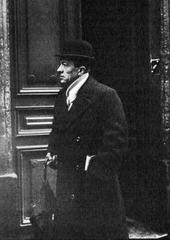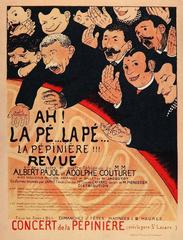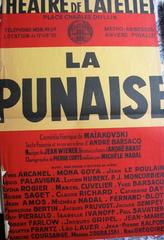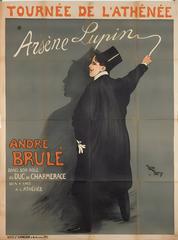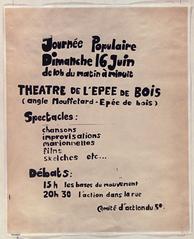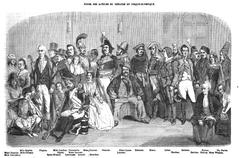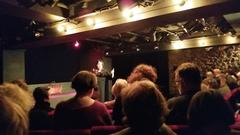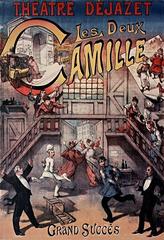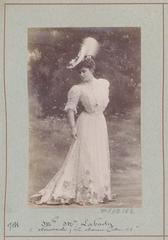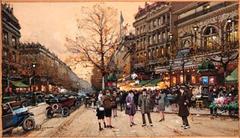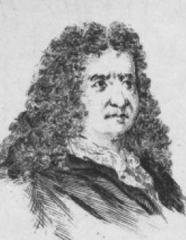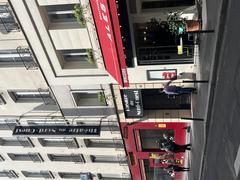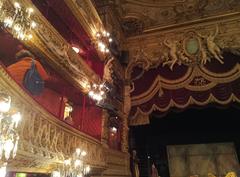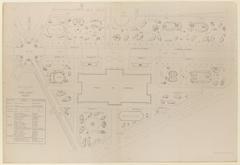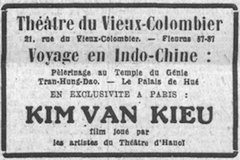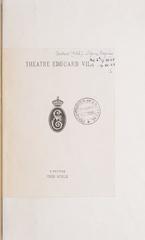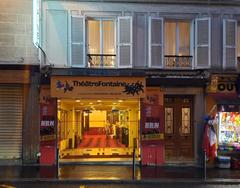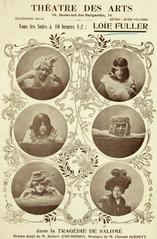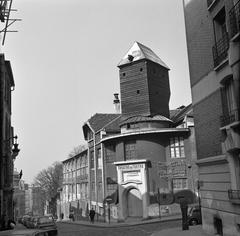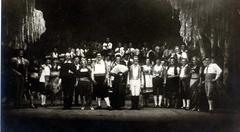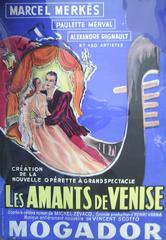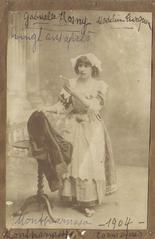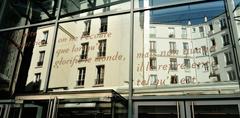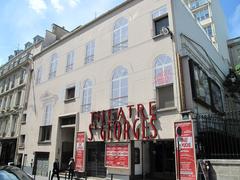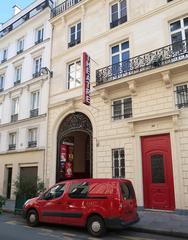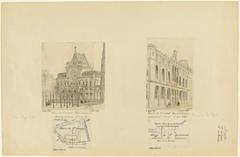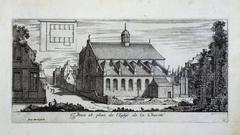Musée Social Paris: Visiting Hours, Tickets, and Visitor Information
Date: 04/07/2025
Introduction
The Musée Social, nestled in Paris’s 7th arrondissement, is a distinctive institution dedicated to the history and evolution of social reform, urban planning, and public policy in France. Founded in 1894 amid sweeping industrial and societal changes, it stands apart from conventional museums by functioning as both a research center and an archive of over a century’s worth of social innovation. Whether you are a history scholar, policy enthusiast, or a curious traveler, the Musée Social offers a fascinating lens into the forces that have shaped modern French society. This comprehensive guide details visiting hours, ticketing information, accessibility, nearby attractions, and practical tips to ensure a rewarding visit. For more details, consult the Musée Social official site and Musée Social Wikipedia.
Table of Contents
- Introduction
- Location and Accessibility
- Visiting Hours and Tickets
- History and Cultural Significance
- Collections Overview
- Exhibitions and Photographic Spots
- Visitor Experience and Facilities
- Recommendations for a Memorable Visit
- Accessibility and Inclusivity
- Safety and Visitor Policies
- Practical Tips
- FAQ
- Visuals and Media
- Related Articles
- Contact and Further Information
- Conclusion
Location and How to Get There
The Musée Social is located at 5, rue Las Cases, in the 7th arrondissement—a district renowned for its intellectual and political history. The museum is easily accessible by public transport:
- Metro: Ségur (Line 10), Duroc (Lines 10 and 13), Sèvres-Babylone (Line 10), and Mabillon (Line 10)
- Bus: Lines 63, 68, 69, 83, 87, and 95
- Cycling: Vélib’ stations are nearby
Due to limited parking and traffic in central Paris, public transport is recommended. The entrance is barrier-free, and the museum is equipped with ramps and elevators for visitors with reduced mobility.
Visiting Hours and Ticket Information
Opening Hours:
- Tuesday to Saturday: 10:00 AM – 6:00 PM
- Closed: Sundays, Mondays, and public holidays
Ticket Prices:
- Admission is free for all visitors
- Special exhibitions and certain events may require advance booking or a fee
Paris Museum Pass:
- The Musée Social participates in the Paris Museum Pass. This pass allows access to over 60 museums and monuments in Paris, with skip-the-line benefits. Discounted/free entry for children under 18, and EU residents under 26, aligns with general Parisian museum policies.
Booking:
- Advance online booking is recommended, especially during peak seasons or for special exhibitions, to secure entry and avoid queues.
Accessibility
The museum is fully accessible, with ramps, elevators, and accessible restrooms. Wheelchairs are available on request. For specific accessibility needs, contact the museum ahead of your visit or consult the official Paris Musées accessibility page.
History and Cultural Significance
Origins and Mission
Founded in 1894 by reformers including Count Joseph Dominique Aldebert de Chambrun and Émile Cheysson, the Musée Social emerged as a “laboratory of social reform.” Inspired by the 1889 Exposition Universelle’s Social Economy pavilion, it brought together diverse thinkers—liberal Protestants, social Catholics, radicals, and industrialists—to address the social challenges of a rapidly modernizing France.
Contributions to Social Reform and Urbanism
The Musée Social played a central role in advancing social reforms:
- Influencing laws on workers’ housing, workplace safety, and public health
- Acting as a hub for the Société Française des Urbanistes (SFU) and helping shape the Cornudet Laws of 1919 and 1924, which laid the groundwork for modern French urban planning
The Cité-Jardin Movement
Drawing inspiration from the British Garden City movement, the Musée Social promoted the creation of “cités-jardins”—affordable housing integrated with green spaces and communal facilities, offering healthier alternatives during the industrial era.
Post-War Reconstruction
After World War I, the museum contributed to rebuilding northern French cities, advocating for urban renewal that merged physical reconstruction with social advancement.
Collections Overview
Manuscripts and Printed Materials
The archives hold over 200,000 volumes, pamphlets, reports, and periodicals covering topics like social reform, housing, labor, public health, and philanthropy. Notable items include:
- Early 20th-century garden city plans
- Haussmannian urban renewal blueprints
- Parliamentary debates and labor law texts
Iconographic and Audiovisual Archives
- Photographs of Parisian neighborhoods, reformers, and social housing projects
- Posters and campaign materials from social movements
- Oral histories with social workers and urban planners
Special Collections
- Personal papers of notable reformers such as Émile Cheysson and Léon Bourgeois
- Archives from the Société Française des Urbanistes and the Ligue des Droits de l’Homme
Many resources are available digitally via the museum’s official website.
Exhibitions and Photographic Spots
Permanent exhibitions trace the evolution of social reforms, urban planning, and welfare policy. Temporary exhibitions focus on contemporary issues or anniversaries. Popular photographic spots include the museum’s elegant façade, the central atrium, and select exhibition rooms with historic-modern design blends.
Check the exhibition schedule before your visit, as some exhibitions may require advance booking.
Visitor Experience and Facilities
Guided Tours and Educational Programs
Expert-led guided tours (in French and often English) are available and should be booked in advance. Audio guides and educational workshops cater to school groups and adult learners, exploring topics such as social movements and urban planning.
Amenities
- Cloakroom for coats and small bags (large luggage not permitted)
- Accessible restrooms and baby-changing stations
- Small café for snacks and beverages
- Museum shop with books, postcards, and souvenirs
Recommendations for a Memorable Visit
- Book in Advance: Reserve tickets or tours online, especially on weekends or free-admission days
- Combine Visits: Pair your visit with nearby sites like Musée d’Orsay, Musée Rodin, and the Assemblée Nationale
- Allow Time: Set aside 1.5 to 2 hours for exhibitions and guided programs
- Explore Events: Attend lectures, discussions, or temporary exhibitions listed on the event calendar
Accessibility and Inclusivity
The museum is fully accessible. Families are welcome, with materials for children and teens, stroller access, and baby-changing facilities. Guided tours in English and other languages should be booked in advance.
Safety and Visitor Policies
- Security checks at entry; large bags and suitcases are prohibited (visitor policies example)
- Non-flash photography allowed in permanent exhibits; restrictions may apply in temporary shows
- Keep personal belongings with you; lost and found available at reception
Practical Tips
- Best Times: Visit during weekday mornings or late afternoons to avoid crowds
- Weather: The museum is fully indoors, ideal for inclement weather
- Nearby Amenities: Enjoy cafés and green spaces like Jardin des Tuileries and Esplanade des Invalides before or after your visit
FAQ
Q: What are the Musée Social’s visiting hours?
A: Tuesday to Saturday, 10:00 AM to 6:00 PM; closed Sundays, Mondays, and holidays.
Q: Is admission free?
A: Yes, general admission is free, with some special events or exhibits possibly requiring an advance booking or fee.
Q: Is the museum accessible for visitors with mobility issues?
A: Yes, the museum is fully accessible with ramps, elevators, and wheelchairs available.
Q: Are guided tours available in English?
A: Yes, on select days; booking in advance is recommended.
Q: Can I take photos inside?
A: Non-flash photography is generally allowed in permanent exhibitions; check signage for exceptions.
Visuals and Media
Alt text for images includes ‘Musée Social in Paris’, ‘Social Reform Museum’, and ‘Visiting Musée Social’ for search optimization.
Explore virtual tours and more imagery on the museum’s official website.
Related Articles
Contact and Further Information
For up-to-date information on hours, tickets, accessibility, and special events visit the official Paris Musées website or Musée Social official site.
Conclusion
The Musée Social is more than a museum—it is a living archive and a foundational pillar of French social progress. Its unique blend of historical resources, educational programs, and accessibility make it a rewarding destination for visitors of all backgrounds. Plan your visit ahead, leverage guided tours and digital resources, and enrich your Parisian experience with a journey into the heart of social innovation. For ongoing updates and additional resources, download the Audiala app and follow us on social media.
Sources
- Musée Social in Paris: Visiting Hours, Tickets, and Historical Significance of This Unique Social Reform Museum, 2025, (https://www.museesocial.org)
- Visiting the Musée Social in Paris: Hours, Tickets, and Historical Insights, 2025, (https://www.urbaniste.com/histoire-et-heritage/notre-histoire/)
- Visiting the Musée Social in Paris: Hours, Tickets, Collections, and Visitor Information, 2025, (https://www.museesocial.org)
- Visiting Musée Social in Paris: Hours, Tickets, and Visitor Guide, 2025, (https://www.parismusees.paris.fr/fr/la-carte-paris-musees-les-expositions-en-toute-liberte)
- Musée Social Wikipedia, 2025, (https://en.wikipedia.org/wiki/Mus%C3%A9e_social)
- Janet R. Horne, A Social Laboratory for Modern France: The Musée Social and the Rise of the Welfare State (Duke University Press)
